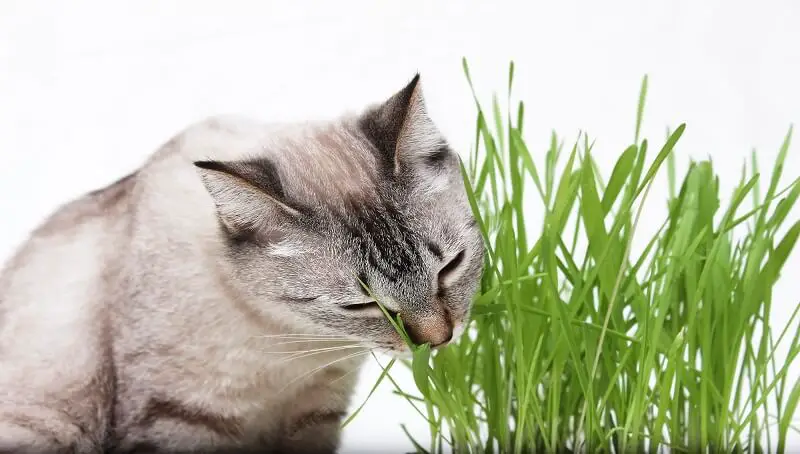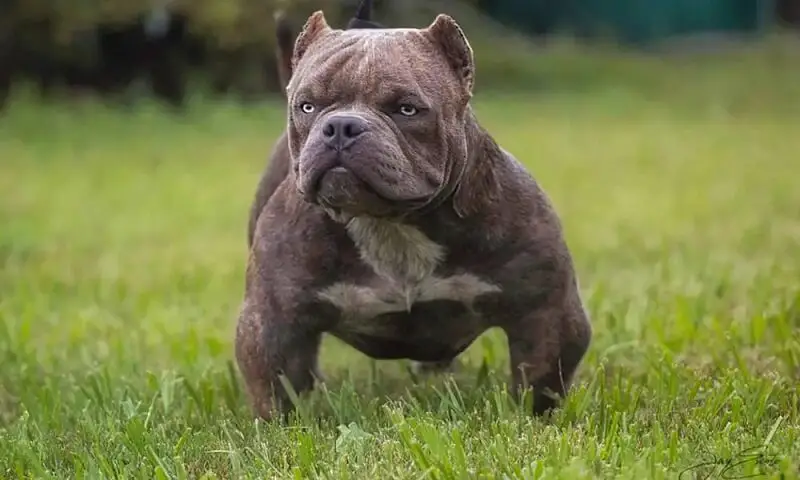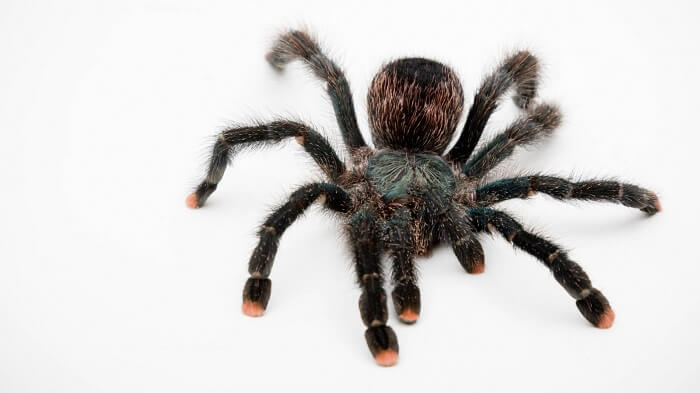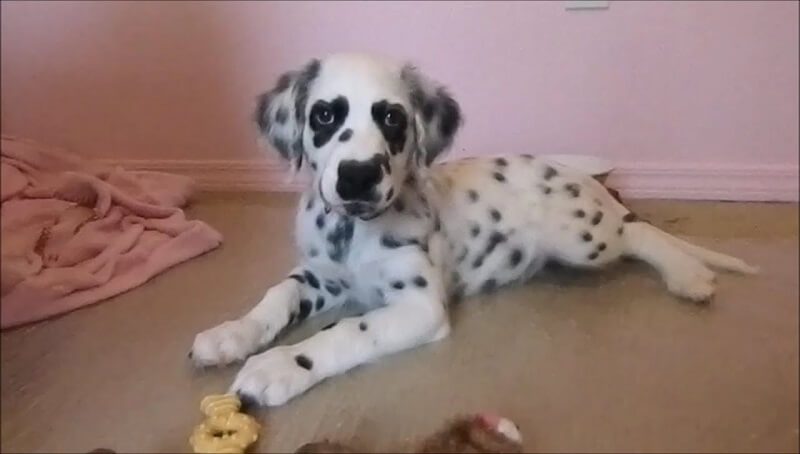Watching your cat eat grass can be strange because they are carnivorous animals, but this habit is normal and a lot of cats do it and like it.
This habit is not yet fully understood scientifically, but some studies suggest it is an inherited behavior that helps them eliminate intestinal parasites and reduce parasitic load.
Benefits of eating grass in cats
Grass has an antacid effect. When cats eat grass, they regurgitate it, because they are deficient in the enzyme responsible for metabolizing plant components. This helps them eliminate undigestible debris from the digestive tract, by vomiting.
Grass has an increased content of folic acid, which is essential for normal cat body functions. It also plays a role in the production of hemoglobin, the protein that provides oxygen transportation in the blood.
It is also a natural laxative as grass helps relieve indigestion.
Is grass-eating safe for cats?
Eating grass is a safe and pleasant habit for most cats, except for grass sprayed with antiparasitic substances.
Supplements in food
Grass contains folic acid, which supports the growth process in cats and helps increase blood oxygen levels. If you notice that your cat eats grass, it can be caused by some deficiencies in the diet, making the cat look for an additional source of vitamins.
You might also like my articles on whether cats can eat mushrooms, corn, or guavas.
Natural laxative
Grass helps the optimal functioning of the intestines in cats, which is extremely important for the digestive tract of the pet, as they can suffer due to the hair they swallow. Grass has a laxative effect, but it also helps in situations where the cat has an upset stomach.
Cure for an upset stomach
You may notice that the cat vomits in some cases shortly after eating grass. This is happening to your cat for a good reason. Cats do not have enough enzymes to digest a large amount of grass, and because of this, they end up feeling sick. In the process of vomiting after eating grass, the cat cleans its stomach of hair, feathers, bones, or parasites, things that irritate the digestive tract or cause more serious problems.
Dangers associated with eating grass in cats
When a cat eats grass, it generally knows how much it needs. If the grass has been treated with pesticides or fertilizer, keep the cat away from that green area. You can grow grass yourself indoors in small amounts for the little feline. Also, on the market, you find packages of grass specially designed for pet home consumption.
Toxic plants: you need to make sure that all of them have been removed and the cat does not have access to them, as she will be tempted to peck from these plants, ignoring the grass.
The use of pesticides or chemicals should be avoided as they are harmful to the animal.
What grass is good for a cat?
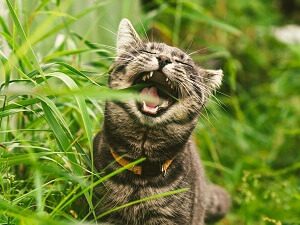 If you observe the pet carefully in nature and take a closer look at what a cat eats from grass, you will notice that it chooses hard-leaved plants. Most often these are the leaves of sedge. The elastic fibers of hard grass in the stomach and intestines act like a brush, cleaning the walls not only from food debris but also from parasites that have completed their life cycle.
If you observe the pet carefully in nature and take a closer look at what a cat eats from grass, you will notice that it chooses hard-leaved plants. Most often these are the leaves of sedge. The elastic fibers of hard grass in the stomach and intestines act like a brush, cleaning the walls not only from food debris but also from parasites that have completed their life cycle.
Animals also show a particular weakness for the so-found weed, the wheat grass. Maybe it’s not just fiber. Wheatgrass has long been used in traditional medicine for metabolism treatment, gastritis, and manifestations of arthritis.
When choosing which grass is best to give to cats, preference should be given to freshly sprouted greens based on perennial lawn grains. Ordinary oats, millet, and wheat are ideal for these purposes. Sprouted seeds can be purchased at pet stores or you can get them yourself.
Do you have an herbivorous cat living in your home? Then it is worth making sure in advance that this passion does not harm her. Here are some herbs poisonous to cats: daffodils, poppies, violets, lilies of the valley, henbane, calendula, and philodendron.
Cat’s grass
A good idea is to plant grass on a special tray for the cat. They are also found in pet shops under the name of cat grass and have a modest price. This will encourage the animal to eat grass at home and thus you will have greater certainty that it is not toxic to the animal.
Frequent mistakes
Putting the grass to sprout into flower soil. If you do, you will feed the cat with a series of harmful fertilizers that have accumulated in the plant from the ground.
Using grass from parks or from outside of your store/house. In these areas, the microbial and parasitic load is high and you risk endangering your cat’s health.
If your cat starts eating a large amount of grass or wants grass every day, it is recommended to contact your veterinarian. Expert advice is always helpful in this case.
